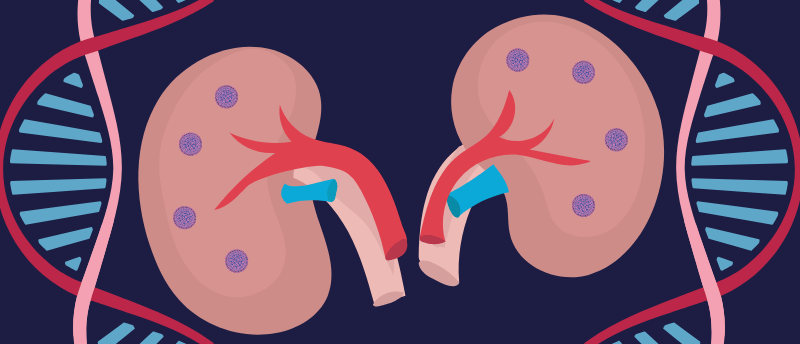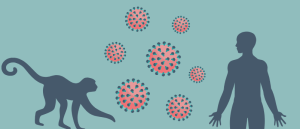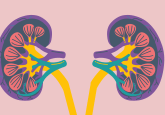How does the BK virus replicate?

Single-cell analysis helps uncover how the BK virus replicates, opening the door to new drug targets.
BK polyomavirus (BKPyV) is a major cause of kidney transplant failure. Without a complete understanding of the virus, researchers have not been able to develop drugs to treat the infection. Now, researchers at the University of Alabama at Birmingham (AL, USA) have used single-cell analysis to better understand how the virus replicates in infected kidney cells, revealing new drug targets that could help protect transplanted kidneys.
BKPyV is a common virus that most people get in childhood. The virus remains dormant in most people but can reactivate in those who have received a kidney transplant. As there are currently no treatments for BKPyV, infection can cause graft loss.
With only seven genes, BKPyV relies on its host’s DNA replication machinery to produce new viruses. Despite being discovered over 50 years ago, how BKPyV hijacks the host’s machinery is still unclear. Traditionally, scientists believed that early expression of a viral protein called large tumor antigen (TAg) by BKPyV drove kidney cells to replicate DNA, providing the necessary resources for viral replication.
 Old World monkeys highlight new targets for Hepatitis B
Old World monkeys highlight new targets for Hepatitis B
Cryo-electron microscopy reveals the structural basis for the restriction of hepatitis B virus (HBV) entry in macaques, enhancing our understanding of viral dynamics.
To investigate this process, the researchers performed single-cell analysis of viral TAg expression throughout the cell cycle of BKPyV-infected kidney cells. Surprisingly, they found undetectable levels of TAg before the first round of cellular DNA replication and a 100-fold increase in TAg levels after the first round of DNA replication. This finding suggests that TAg is not responsible for driving cells to replicate their DNA.
The study found that TAg expression and subsequent viral replication depend on an initial round of host DNA replication. When the initial cellular DNA replication was inhibited, TAg was not expressed and BKPyV could not replicate. However, when DNA replication was inhibited after the initial round, once TAg was expressed, the virus could sustain its replication independent of further rounds of host DNA replication.
“Since TAg expression is absolutely required for virus replication, this suggests that inhibiting kidney cell DNA synthesis early after infection could prevent BKPyV replication,” explained corresponding author Sunnie Thompson.
The researchers found that once TAg was expressed, BKPyV maintained a replicative environment that relied on normal host cell cycle machinery and regulators. Previous research has established that BKPyV infection prevents cell division, with viral and cellular DNA from multiple rounds of replication accumulating in kidney cells’ nuclei. While further research is needed to determine if this is down to TAg expression after the initial round of replication, this study suggests that the proteins required to maintain re-replication could be potential drug targets. Additionally, targeting a host protein reduces the risk of antiviral resistance.
While the study provides important insights into BKPyV replication, the revelation that TAg does not induce cellular DNA replication means that further research is needed to determine what induces that initial round of replication.



